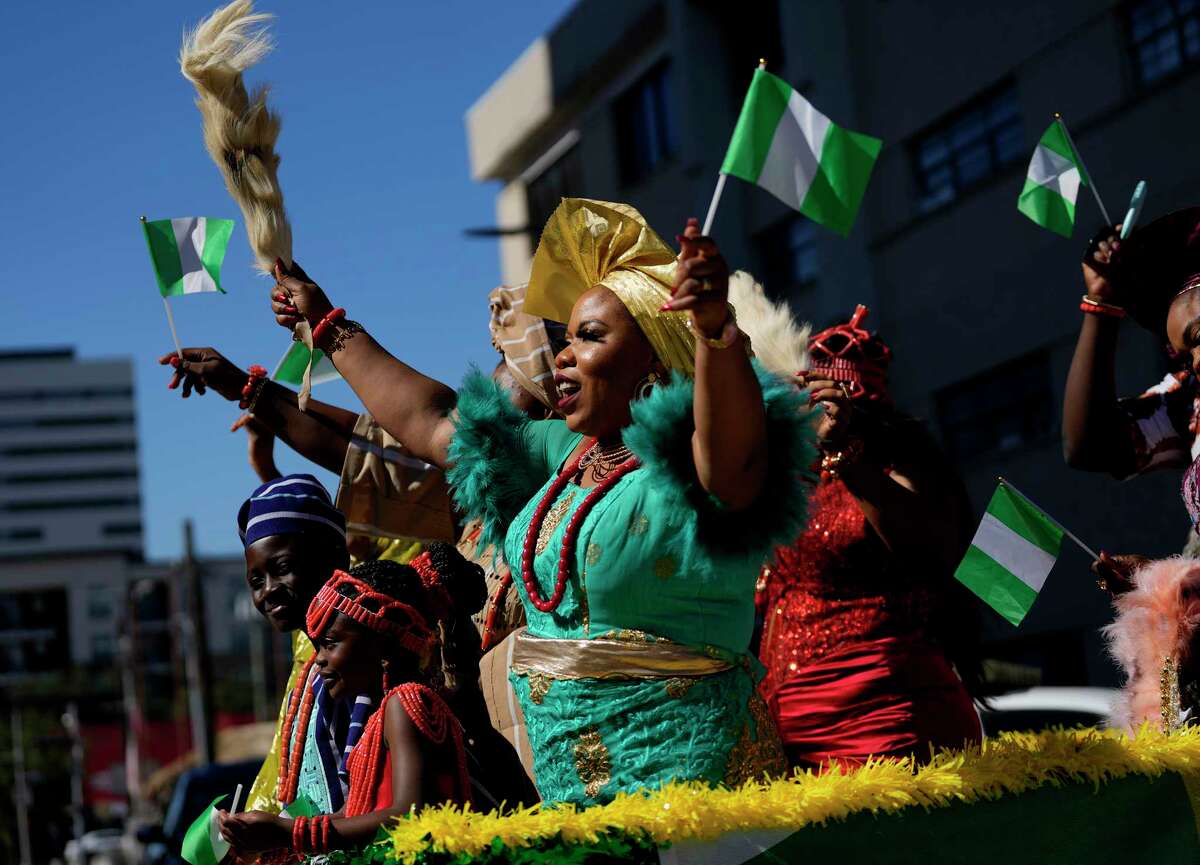Nigeria’s Witty Ascent to True Independence
Nigeria’s Independence Day, an occasion marked by the resounding beats of patriotic parades and the anticipation of celebratory gatherings, holds a unique place in the nation’s collective consciousness. Yet, beyond the rhythmic cadence of marching feet and the fleeting joy of festive parties, lies a deeper narrative that beckons exploration. Join us on a journey as we unravel the layers of Nigeria’s Independence Day, delving into a story that transcends the surface revelry and calls for a closer examination of the nation’s past, present, and the path forward.
Ascending from the depths of historical struggles, Nigeria finds itself in a paradoxical state this supposed festive month. October, traditionally marked by exuberant celebrations on Independence Day, now seems to be overshadowed by a collective introspection. The parade on the first day of October, once a symbol of national pride, now serves as a poignant reminder of the challenges that have defined our journey to independence.
Unlike some African nations that fought vehemently for their liberation, Nigeria’s path to freedom seems to have been handed to us on a silver platter. The transition from colonial rule to democracy in 1960 was marked by a seemingly seamless transfer of power. However, a closer look reveals that the British crown retained influence till date, orchestrating political moves to safeguard its economic interests.
The narrative of Nigeria’s independence is entwined with the tunes of colonial lobbying and manipulation. Sir James Robertson, though ostensibly relinquishing control, continued to steer the political landscape, orchestrating the first elections to favor his allies in the north. This set the stage for a turbulent period marked by corruption and misrule, culminating in the devastating Biafran Civil War in 1967.
A nation rich in resources and cultural diversity found itself in the throes of conflict. The war, fueled by economic interests, resulted in decisions and deals that continue to shape our present reality. Economic interests, both foreign and domestic, influenced 96% of the decisions made during this tumultuous period.
As we reflect on our history, the question arises: what is there to celebrate? Our journey from 1960 till date has been a rollercoaster ride, with citizens living in the shadows of poverty despite the abundance of resources, manpower, and cultural wealth. The need for a paradigm shift is evident, a departure from the cyclical misrule, tribalism, corruption, and incompetence that have plagued our nation.
The crux of the matter lies in the restructuring of our economic system. It’s time to envision a separate economic model that complements the existing federal structure. This system should empower local governments, tapping into the grassroots for sustainable development. Rather than competing for a share of the national cake, we must focus on empowering the people.
Perhaps, if we had charted a different course at the dawn of independence, prioritizing the unity of the people over tribal divides, Nigeria would be a different place today. Independence would signify more than a day off work and a military parade. It would evoke genuine smiles, borne out of a shared history of freedom and struggle.
The only way out of this quagmire is upward. We must build our economy to a level of stability that can support the needs and aspirations of the population. Adding value to our existing resources and creating industries aligned with our national goals is paramount. Our blessings should not be a curse, and unless we get it right, the cycle will persist.
In the spirit of a new month, let it not just be a chronological marker but a call to action. The only path to true independence and prosperity is an upward trajectory, where the economy thrives, and the people flourish. Happy new month, Nigeria. May it mark the beginning of a transformative journey towards a brighter future.

Leave a Reply
You must be logged in to post a comment.